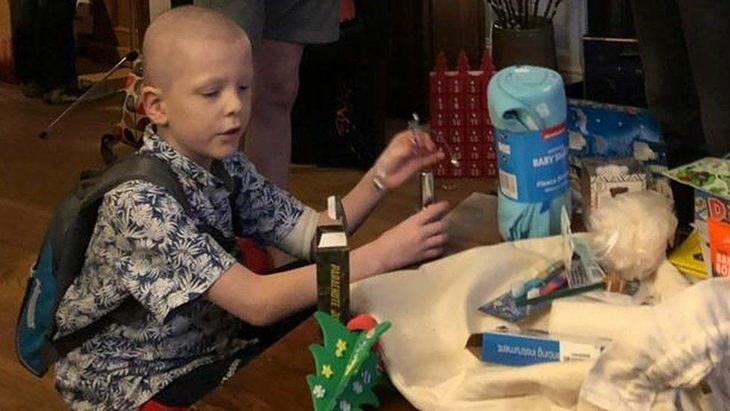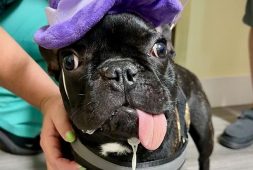Young Boy Is Now Cancer Free With A Drug Said To Be Kinder Than Chemo, And It’s Now Available In The US

Imagine finding yourself in the midst of a dire circumstance: grappling with leukemia. In such a situation, one might instinctively consider the familiar avenues of treatment—chemotherapy with its well-known side effects, or perhaps the groundbreaking CAR-T cell (chimeric antigen receptor T cells) therapy, celebrated with Nobel Prizes. Yet, there exists a third, somewhat overshadowed option.
It’s somewhat surprising that this option remains less recognized, given its directness and efficacy. Enter blinatumomab, a beacon of hope for individuals like the young man mentioned earlier, who battled B-cell acute lymphoblastic leukemia and emerged victorious.
Reports from the BBC indicate that across 20 medical centers in the UK, off-brand supplies of blinatumomab are already being utilized to combat this form of cancer, with official approval for adult usage in the country.
Affectionately dubbed ‘Blina’ by those familiar, this immunotherapy marvel shares a common goal with CAR-T cell therapy: to detect and eradicate cancer cells that typically evade the body’s natural immune surveillance. However, what sets Blina apart is its accessibility—it offers a more cost-effective solution compared to CAR-T.
Blina belongs to a class of targeted therapy drugs known as bispecific T-cell engagers (BiTEs). Administered via a pump and plastic bag connected to a tube inserted into the patient’s arm, the treatment is portable, housed discreetly within a slim backpack, with a supply lasting several days.
In contrast to the intricate process of extracting and modifying a patient’s cells required by CAR-T therapy, Blina offers a more streamlined approach. Importantly, it spares healthy cells from the collateral damage often associated with chemotherapy, enabling patients to maintain a semblance of normalcy in their lives.
“Chemotherapies are poisons that kill the leukemic cells but also kill and damage normal cells—and that is what causes their side effects,” chief investigator and consultant pediatric hematologist, Professor Ajay Vora, said when speaking to the BBC. “Blinatumomab is a gentler, kinder treatment.”
With a gentler touch on the body, but fierce on the cancer itself, Arthur, now 11 years old, became one of the pioneering recipients of a novel treatment at Great Ormond Street Hospital in London. This treatment marked a turning point in his battle against blood cancer, as his family joyously received news of his cure on the eve of New Year’s.
Having endured the harsh rigors of chemotherapy in previous years, which left him profoundly weakened without effectively eradicating the cancer, Arthur’s family welcomed the arrival of blinatumomab with immense relief. They affectionately dubbed it a “little ray of sunshine,” symbolizing hope and a new lease on life. The celebration of the New Year took on a doubly joyous meaning for them, as they reveled not only in the arrival of a new year but also in Arthur’s newfound health and vitality.
On March 29th, 2018, a significant milestone was reached when the US Food and Drug Administration granted accelerated approval to blinatumomab following successful trial outcomes. Despite the promising results, serious side effects were not uncommon, underscoring the complex nature of medical interventions. Nevertheless, blinatumomab now stands as a beacon of hope for patients battling B-cell acute lymphoblastic leukemia, offering a more targeted and potentially less debilitating alternative to traditional treatments like chemotherapy.



